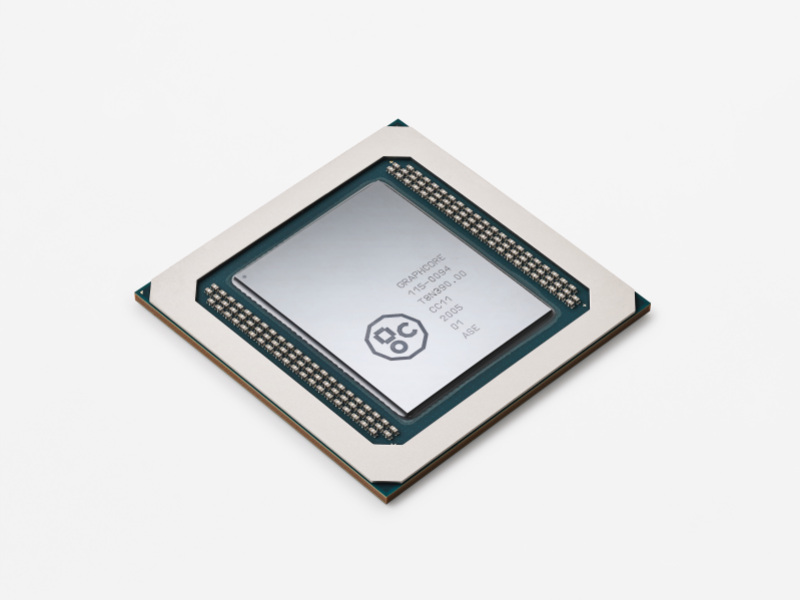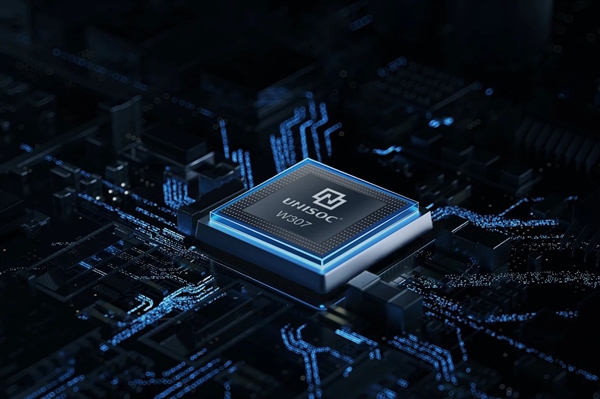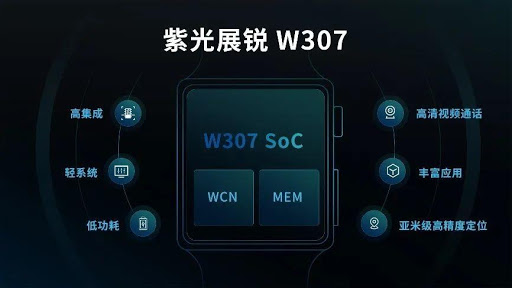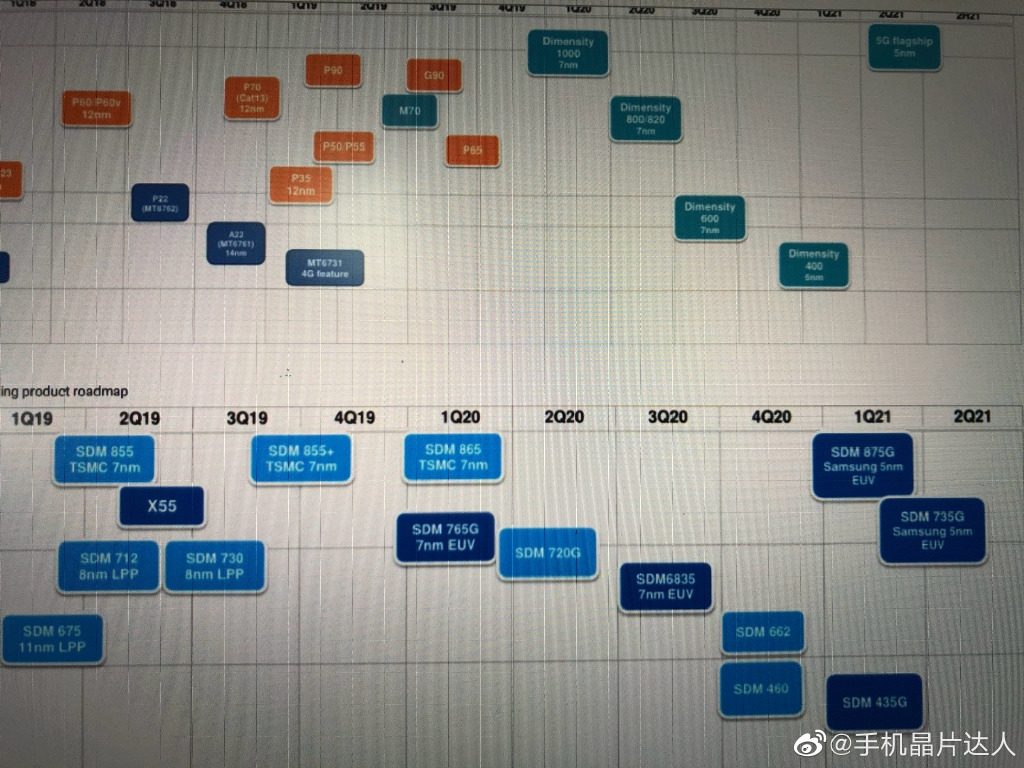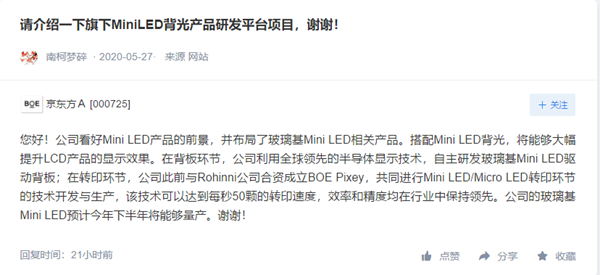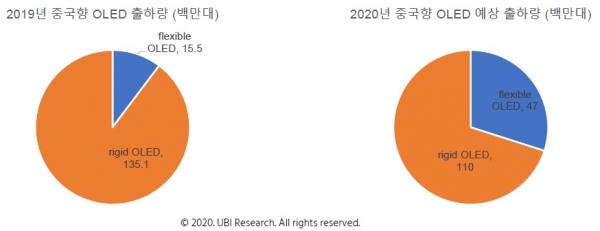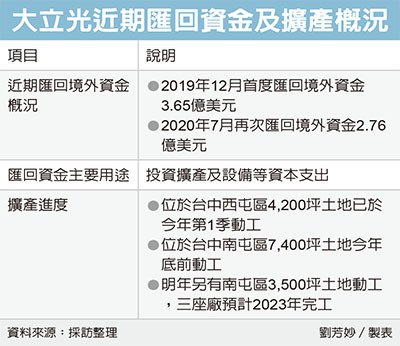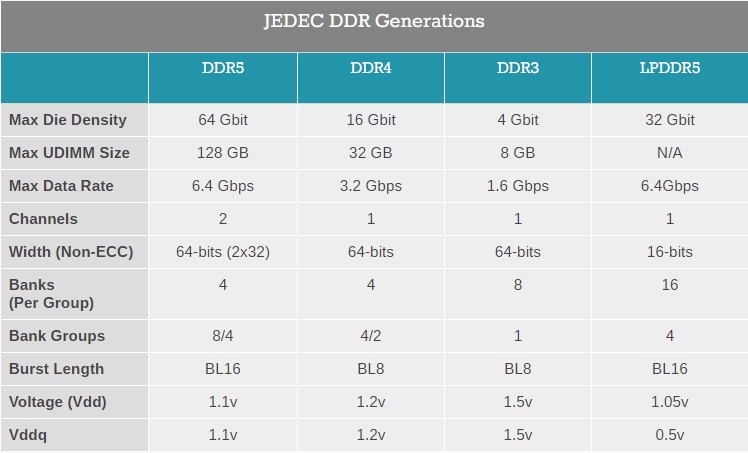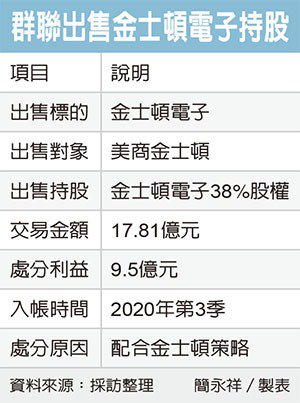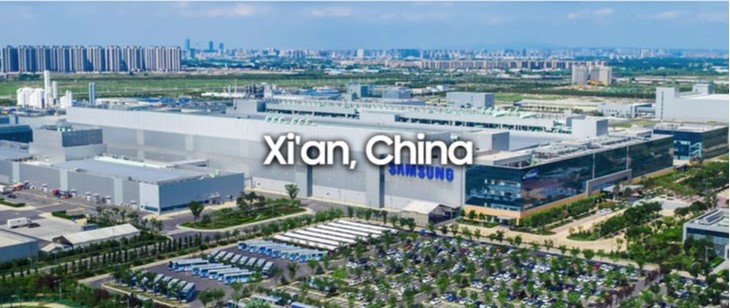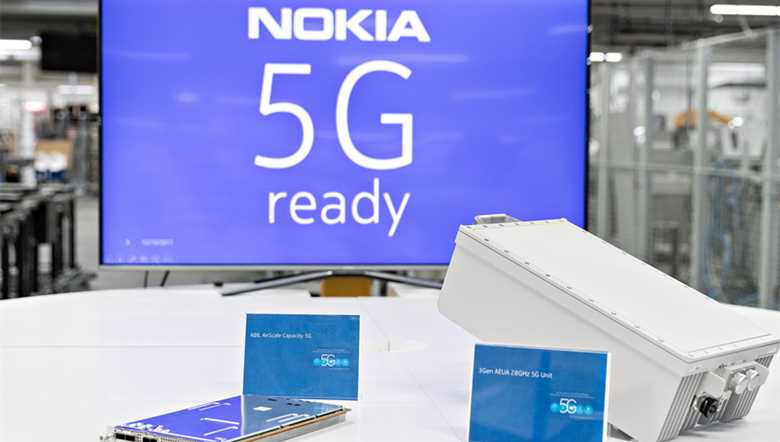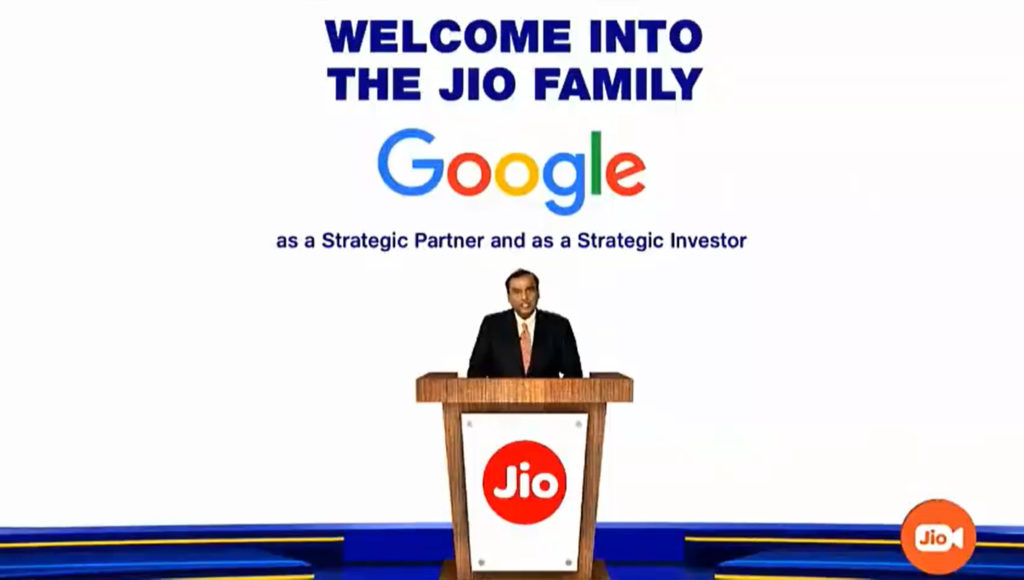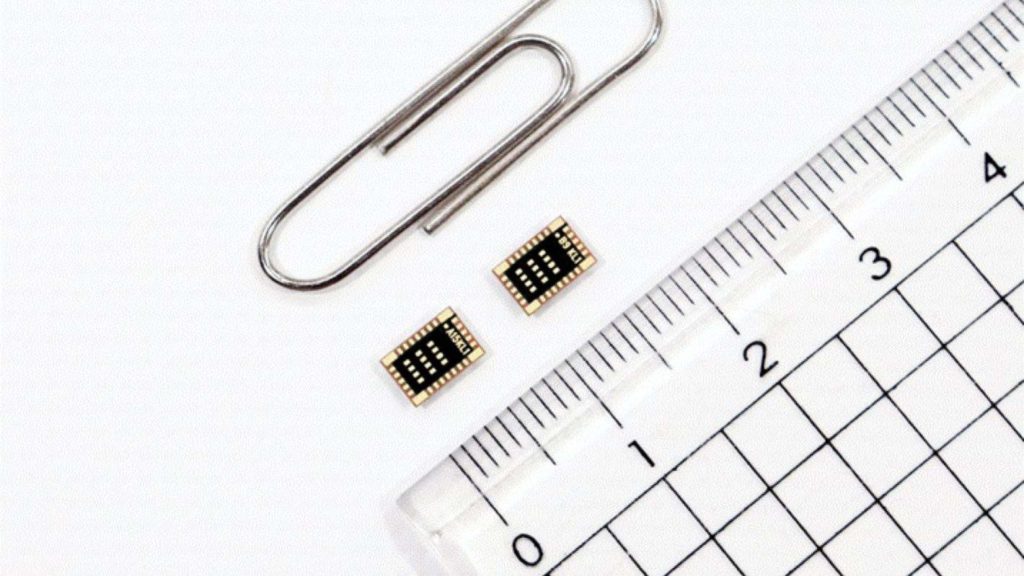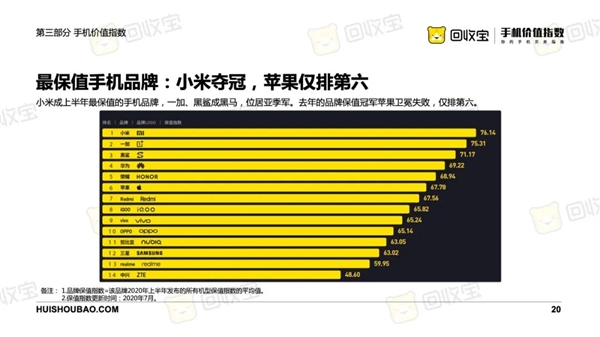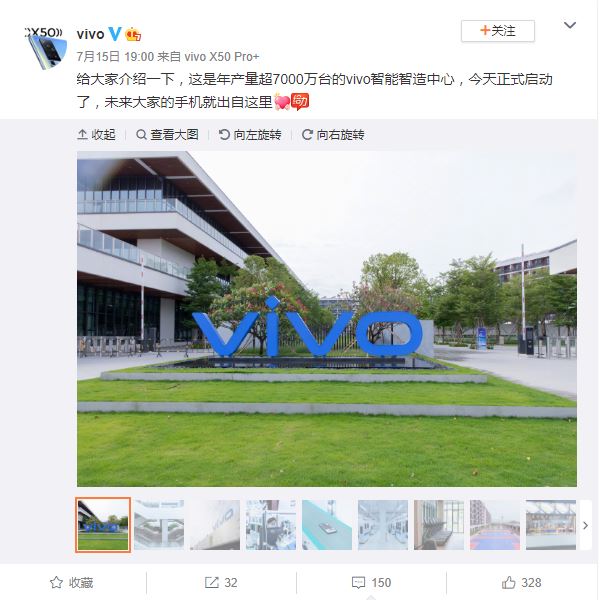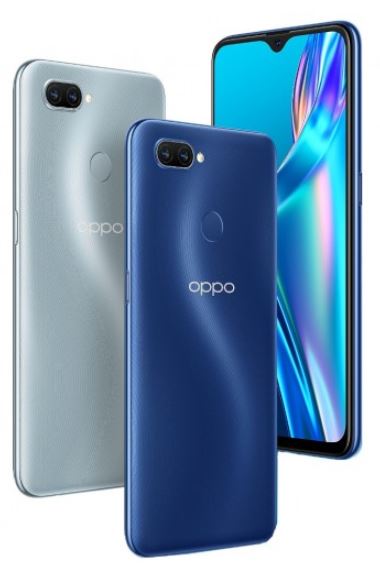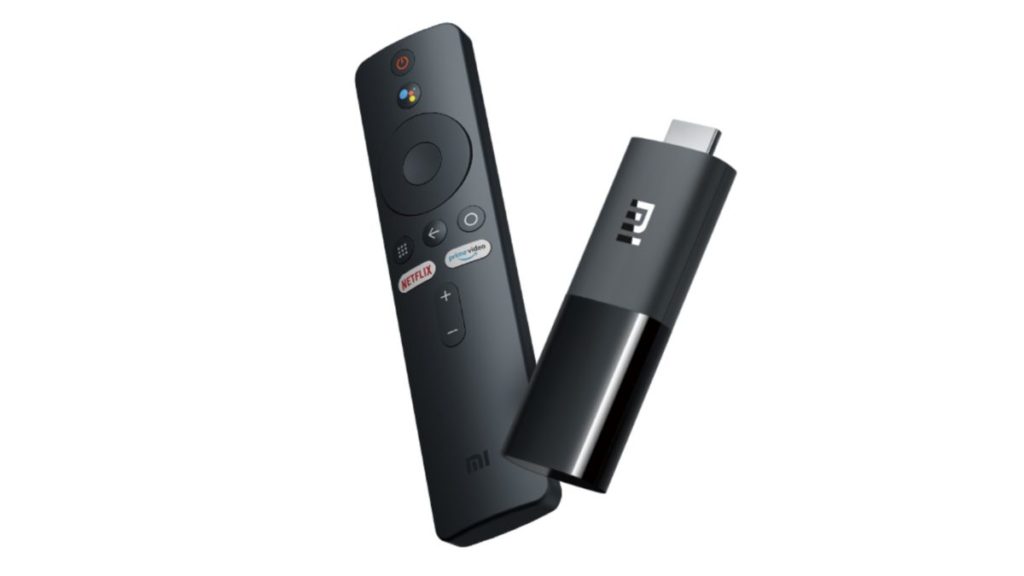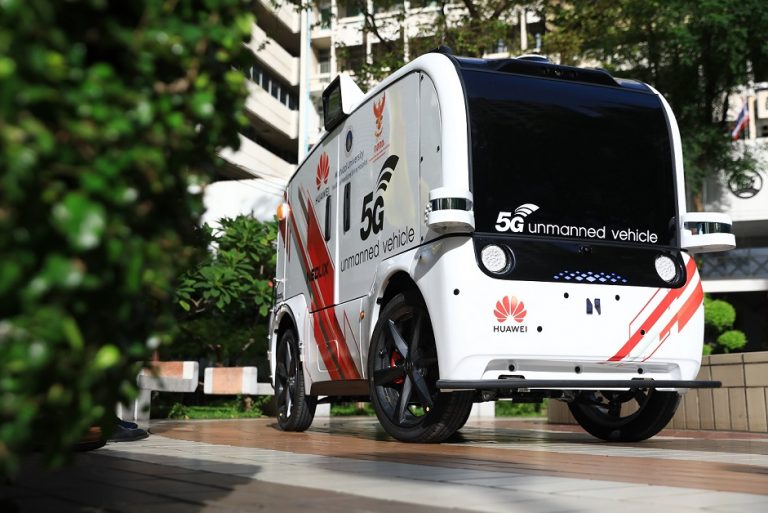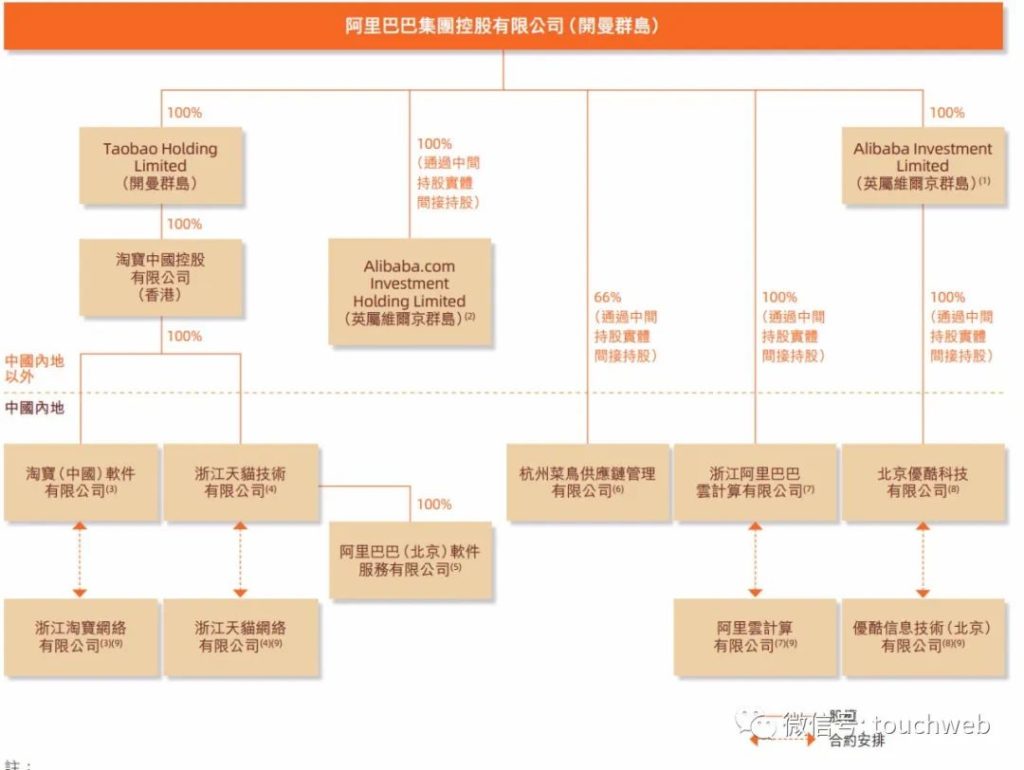
7-16 #EmbraceAging: Samsung’s 2021 Galaxy A series to feature OIS; Reliance Jio has reportedly developed its own 5G technology; vivo has officially announced the opening of its new smart manufacturing center; etc.
Graphcore, a U.K.-based company developing accelerators for AI workloads, has unveiled the second generation of its Intelligence Processing Units (IPUs), which will soon be made available in the company’s M2000 IPU Machine. Graphcore claims this new GC200 chip will enable the M2000 to achieve a petaflop of processing power. (TechCrunch, VentureBeat, The Verge)
UNISOC has announced the W307, the next-generation smartwatch platform. The W307 is based on TSMC’s 28 nm HPC+ process and features an integrated CPU, memory, 4G multimode modem, Bluetooth, Wi-Fi, GNSS, and imaging systems. The W307 has a smaller footprint than its predecessor, the Ivy 8521E, bringing more freedom in the design space for end products. (My Drivers, IT Home, Techpost)
MediaTek’s backend partners in Taiwan including ASE Technology, King Yuan Electronics and Sigurd Microelectronics will see clear order visibility stretching to at least 1Q21 as the chipmaker has sharply increased its wafer starts with TSMC for 5G SoCs aiming to expand its presence in the segment, according to Digitimes. (Digitimes, press, Digitimes)
Qualcomm will launch Snapdragon 662 and 460 in 4Q20, Snapdragon 875G and 435G in 1Q21, and Snapdragon 875G in 1Q21/2Q21. Snapdragon 875G is Qualcomm’s flagship platform in 2021, and Snapdragon 735G is mid-range platform in 2021. Both are built with Samsung’s 5nm EUV process. (CN Beta, My Drivers, Sina)
Japan Display Inc (JDI) aims to bring some automotive panel production back to Japan after the novel coronavirus outbreak disrupted its supply chain in China. Under the plan, Japan Display would boost production at its plant in Tottori, western Japan, to supply panels to major Japanese automakers. (Laoyaoba, Money DJ, Sigmaintell, Reuters)
BOE is optimistic about the prospects of Mini LED products and has deployed glass-based Mini LED related products. The company’s glass-based Mini LED is expected to be mass-produced in 2H20. BOE has also stated that in the backplane, the company has been using the world’s leading semiconductor display technology to independently develop a glass-based Mini LED driver backplane; in the transfer process, the company has previously established a BOE Pixey joint venture with Rohinni to carry out Mini LED/Micro LED conversion technology development and production in the printing process. (Laoyaoba, Sohu, LED Inside)
According to UBI Research, Samsung Display’s flexible OLED shipment to China will triple in 2020 compared to 2019. The company will ship 47M units of flexible OLED panel to China in 2020, and in 2019 it shipped 15.5M units. (Laoyaoba, The Elec, UBI Research)
Largan Precision has remitted USD276M back to Taiwan to finance new production capacity. Largan has said it remitted the funds through its Samoa-registered investment subsidiary Astro International, and the board approved the funds to be used for building new production lines and as a reserve for future capital expenditure. Largan CEO Adam Lin has said that demand from clients is expected to remain weak in Jul / Aug due to a drop in high-end smartphone shipments, while the picture for Sept 2020 remained unclear. (Laoyaoba, UDN, UDN, Focus Taiwan)
Samsung’s top models of the 2021 Galaxy A series reportedly would be the first mid-range Galaxy smartphones to get optical image stabilization (OIS). This would include the Galaxy A72 which will be one of the top models in the series. (GSM Arena, The Elec, Sam Mobile, GizChina)
JEDEC Solid State Technology Association, the global leader in the development of standards for the microelectronics industry, has announced the publication of the widely-anticipated JESD79-5 DDR5 SDRAM standard. (AnandTech, JEDEC, CN Beta)
Phison Electronics allegedly plans to reduce its stake in a joint venture it formed with Kingston Technology. Phison will sell about NTD1.78B (USD60.5M) worth of its stake in Kingston Solutions (KSI) to its US-based partner. Phison has said it will maintain its close partnership with Kingston, and the selling of the shares is in line with the memory module vendor’s strategy under which KSI will be consolidated into Kingston for an effective resource allocation. (Digitimes, press, TechNews, CNYES)
Samsung Semiconductor China has indicated that after the completion of the phase one mass production, it will always remain in full production. Construction of the phase two is proceeding in an orderly manner, and full production is expected to be formally achieved in 2Q21. The Samsung memory chip project settled in Xi’an High-tech Zone in 2012. The phase one is completed and put into production in May 2014, with a total investment of USD10.8B. The Samsung Electronics memory chip project, packaging and testing project are completed; the phase two has a total investment of USD15B, mainly for flash memory chips manufacture. (Laoyaoba, Sohu)
LG Chem has filed an additional complaint with the prosecution against SK Innovation for encroaching on its trade secrets and stealing human resources. The move came 1 year after LG Chem first filed a complaint with the Seoul Metropolitan Police Agency regarding the matter. (Laoyaoba, Business Korea)
Nokia has announced that it will be able to upgrade existing 4G radio towers to 5G through a software update, without the need for complicated on-site access and engineering. The company says it can upgrade one million radios immediately, 3.1M by the end of 2020, and 5M in 2021. (VentureBeat, Nokia, Neowin, Sina)
Reliance Jio has reportedly developed its own 5G technology as it looks to reduce dependence on foreign vendors and bring cost-related advantages. The telco has already replaced Nokia and Oracle’s 4G voice technology with its own from its pan-India network. Jio has designed its own hardware for the 5G technology, which could be made in India once 5G trials are successful along with the Internet of Things (IoT) gear. The company will be launching its 5G service in 2021. (India Times, Gizmo China)
Reliance Industries chairman Mukesh Ambani has announced that Google is investing USD4.5B (INR33,737 crores) for a 7.73% stake in Jio Platforms, the leading Indian carrier with over 400M subscribers. This investment, pending regulatory review in India, gives Jio Platforms an equity valuation of USD58B. (Neowin, Google, TechCrunch, WSJ)
LG Innotek has announced that it has developed the world’s smallest Bluetooth module. This module is 6×4mm, which is 75% of the previous model. With ultra-precision, high-density, and ultra-fine processing technologies, more than 20 components including ICs (communications chips), resistors, and inductors, are housed in a single grain-sized product. (CN Beta, PR Newswire, Android Headlines)
According to Huishoubao, Shenzhen-based mobile recycyling start-up, Xiaomi is ranked as the most value retaining mobile phone brand in 1H20. OnePlus and Black Shark emerged for the first time in the second position. Apple who previously holds the position as the top brand dropped to the 6th position in 1H20. (Gizmo China, My Drivers)
The European Union has announced that it has adopted a series of new tax measures that put increased pressure on digital platforms like the App Store. The EU says that new tax package focuses on “the twin pillars of fairness and simplicity”. The announcement come shortly after Apple and Ireland won an appeal in a USD14.4B back tax case. (Apple Insider, Europa, Europa)
vivo has officially announced the opening of its new smart manufacturing center. The output of this center exceeds 70M units per year. The vivo smart manufacturing center is located in Chang’an Town, Dongguan City, Guangdong Province. The total investment of the project is about CNY2B (USD286.2M). (GizChina, Weibo, IT Home)
OPPO A12s is launched in Cambodia – 6.217” 720×1520 HD+ v-notch, MediaTek Helio P35 MT6765, rear dual 13MP-2MP depth + front 5MP, 3+32GB, Android 9.0, rear fingerprint scanner, 4230mAh 10W, USD129. (Gizmo China, GSM Arena)
Reliance Jio has announced a new mixed-reality glasses dubbed Jio Glass. Jio Glass comes with a high-resolution display that let users experience holographic content. The glasses also allows users interact using 3D avatars, and more. The Jio Glass can be used for 3D virtual classrooms and holographic classes can be conducted deploying Jio Mixed Reality Cloud. Connecting the glasses to the cloud is done using a cable that is attached to a smartphone. (Gizmo China, Fonearena, Indian Express, Live Mint)
Xiaomi Mi TV Stick is announced, which is a pocket-sized streaming device to attach to TV’s HDMI port. It comes with Google Chromecast built-in and also supports voice commands Google Assistant. It will be available for EUR40 (USD46). (Android Authority, Pocket-Lint, Twitter)
Huawei has recently collaborated with the Thailand National Broadcasting and Telecommunication Commission (NBTC) to implement a pilot project that saw the use of a driverless vehicle at the Siriraj Hospital. The unmanned vehicle was primarily used to conduct contactless deliveries of medical supplies around one of the largest and oldest hospitals in the kingdom. (Soya Cincau, Gizmo China)
Uber Technologies is in talks with investors interested in taking a stake in its Uber Freight division. The San Francisco-based company held discussions to raise USD500M in a funding round that would give its freight business a standalone valuation of about USD4B after the deal. Uber Freight operates as a broker, connecting truck drivers with shipping companies and competing against the likes of DHL International and C.H. Robinson Worldwide. (CN Beta, Market Watch, Bloomberg)
Ant Group, the fintech arm of Chinese e-commerce giant Alibaba, reportedly plans a Hong Kong float as soon as 2020 and targets a valuation of more than USD200B. Alipay, the brand of Ant’s consumer finance app, claims to earmark 1.3B annual active users as of Mar 2020. The majority of its users came from China, while the rest were brought by its 9 e-wallet partners in India, Thailand, South Korea, the Philippines, Bangladesh, Hong Kong, Malaysia, Indonesia, and Pakistan. (TechCrunch, Reuters, Business Wire)

